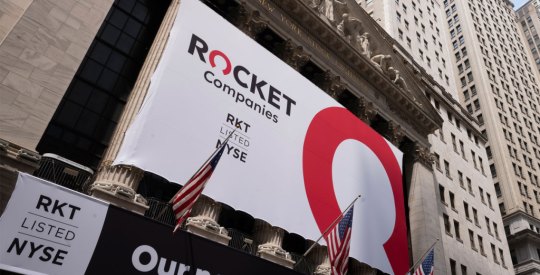Joshua and Irene Vecchione are cleaning the dinner dishes one evening in October when Joshua’s cellphone rings. It’s Rhea from the Chase collections department, and she wants to know if he has $123,000 today. That’s what it will take to get the Vecchiones current on their mortgage. Rhea is a new caller, but Joshua has been talking with Chase reps a lot since February 2009, when he and Irene stopped making the $8,000 monthly payment on their five-bedroom spread in Ladera Ranch, Calif., an upscale development in south Orange County. After a few months, they were allowed into a trial mortgage-modification program, which let them pay less than half as much and kept Joshua on the phone as Chase requested more and more documents. In July, though, the bank decided the couple didn’t merit a permanent “mod.” The Vecchiones, who own the toy store in Ladera, began negotiating with Chase to do a short sale, in which the lender allows the debtor to sell for less than what’s owed and walk away. So what Rhea says troubles Joshua: They’re still listed in Chase’s system as an active foreclosure. “How am I in foreclosure?” he asks after hanging up. “I’m not in foreclosure.”
Welcome to Zombieland: Ladera Ranch, California
Most Popular Articles
Latest Articles
Rocket delivers $291M profit amid improved margins and MSR acquisitions
The Detroit-based lender reported a GAAP net income of $291 million from January to March, its highest profit level in two years.



